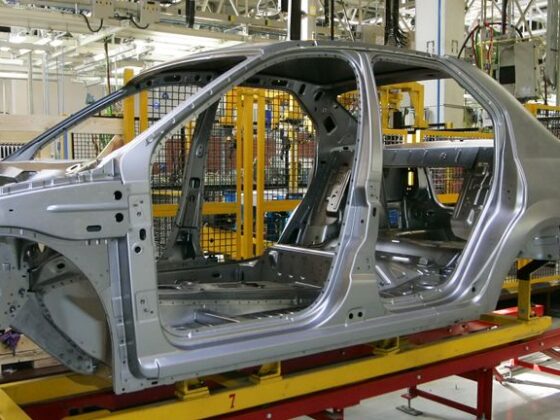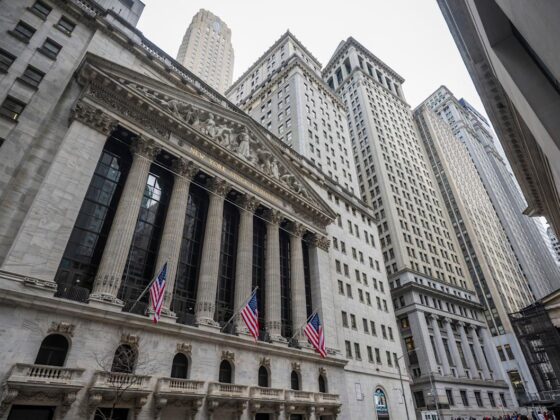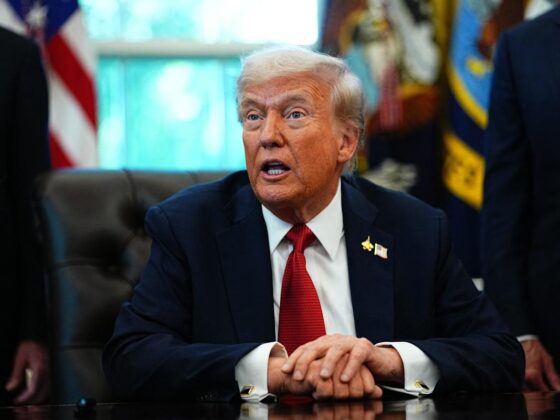U.S. futures sank and world shares were mixed after a U.S. government shutdown began on Wednesday.
The futures for the S&P 500 and the Dow Jones Industrial Average were down 0.6%. On Tuesday, the S&P 500 rose 0.4% and the Dow gained 0.2%, to set an all-time high. The Nasdaq composite ticked 0.3% higher to 22,660.01.
In early European trading, Germany's DAX lost 0.2% to 23,916.90 and the CAC 40 in Paris gave up 0.2% to 7,907.99. Britain's FTSE rose 0.7% to 9,416.30.
In Asia, Japan's Nikkei 225 index shed 0.9% to 44,550.85 after the Bank of Japan reported a slight improvement in business sentiment among major manufacturers.
The indications from the BOJ's quarterly tankan survey raise the odds that the central bank will increase its key interest rate to counter inflation that has topped its target range of about 2% for some time.
Political uncertainty is also looming over Japan's markets, with the ruling Liberal Democratic Party due to chose a new leader and prime minister later this week to replace embattled Prime Minister Shigeru Ishiba.
Markets and offices in mainland China are closed until Oct. 8 for the National Day holiday, China's central bank said it plans a 1.1 trillion yuan ($160 billion) reverse repo operation on Oct. 9, to increase the amount of cash in circulation and stimulate consumer spending and business investment.
Elsewhere in Asia, South Korea's Kospi gained 0.9% to 3,455.83, while Taiwan's Taiex added 0.6% on heavy buying of semiconductor-related shares.
Australia's S&P/ASX 200 slipped less than 0.1%, to 8,845.70.
In India, the Sensex rose 0.8%.
Markets appeared to be taking the U.S. shutdown, which took effect at midnight U.S. Eastern time, in stride. Past U.S. government shutdowns have had a limited impact on the economy and stock market, and many investors expect something similar this time around.
Many economists and professional investors expect something similar this time around.
This shutdown could be different, with the White House prone to push for large-scale firings of federal workers.
The broad stock market has been on a nearly relentless run since hitting a low in April on expectations that President Donald Trump’s tariffs won’t derail global trade and that the Federal Reserve will cut interest rates several times to boost the slowing job market.
Tuesday brought mixed reports on the U.S. economy. A Conference Board survey showed consumers are feeling less confident than economists expected, with many respondents pointing to the job market and to inflation that has remained higher than anyone would like.













